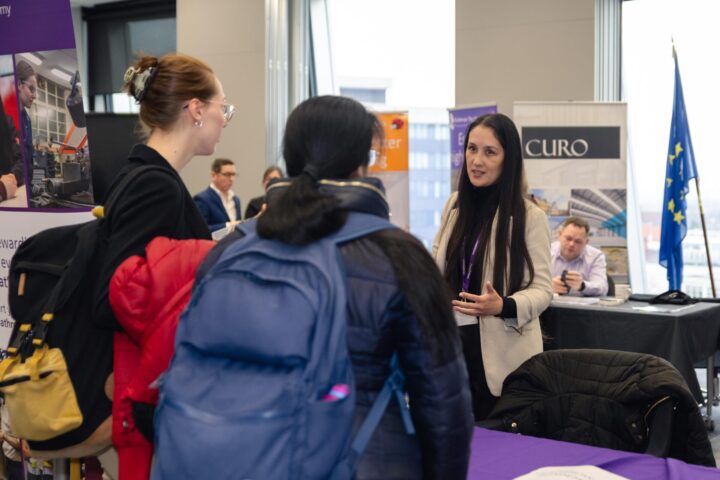Three-quarters of energy professionals worldwide said their sector is facing workforce shortages, a figure that rises to 90% in regions such as the Middle East and North Africa, a report from the Association of Energy Engineers (AEE) has warned.
The 2025 Energy Jobs & Market Trends Survey highlighted a growing mismatch: demand for energy efficiency remains strong, but the people needed to deliver it are increasingly scarce.
The survey warned the situation will worsen as more than one-third of energy professionals plan to retire within the next decade.
For instance, in North America, nearly a quarter of the workforce are expected to leave within five years.
Yet job opportunities for energy specialists remained steady despite geopolitical and economic turbulence, making the staffing gap a critical obstacle to meeting climate targets.
Donatas Karčiauskas, CEO of AI-based energy optimisation firm Exergio, said the sector cannot simply hire its way out of trouble.
He explained: “The industry can’t hire its way out of this gap fast enough, it’s simply impossible.
“And that is why AI is the only lever we can pull today to make an immediate difference while new professionals are trained.”
Karčiauskas warned that the labour shortfall is becoming an “invisible bottleneck” that risks putting climate goals even further out of reach.
He pointed to facility management as an example of how digital tools can help, noting: “In the past, one manager with a team would run a single hotel. Now a single manager oversees multiple buildings.
“Digitalization is inevitable, but we need to speed it up. Waste is often due to poor management practices, not outdated hardware.
“That’s where algorithms can deliver instant savings and help buildings become more sustainable too.”
The report showed that energy reduction remains the top strategic priority for 81% of organisations, yet nearly half still lacked a formal decarbonisation plan.
More than half of energy professionals (51%) rated artificial intelligence (AI) implementation as “extremely” or “very” important for improving efficiency.
Financial pressures are adding to the challenge, as Government funding limitations remained a concern for 46% of respondents, and 73% reported rising budget pressures, reversing recent improvements.
Karčiauskas continued: “With AI-based platforms, we’re solving two issues at once: the shortage of specialists and the high cost of deep renovations.
“Energy waste can be cut by up to 30% simply by letting algorithms optimise HVAC, lighting, and sensor systems.
“It’s far cheaper than tearing out hardware, and it works today. Especially when there are no experts to deal with it – we can’t just keep the buildings alone.”
The AEE survey suggested that unless governments and companies expand training and deploy AI-driven efficiencies, the global energy workforce crunch could slow decarbonisation efforts and raise costs, even as demand for skilled workers continues to grow.

















